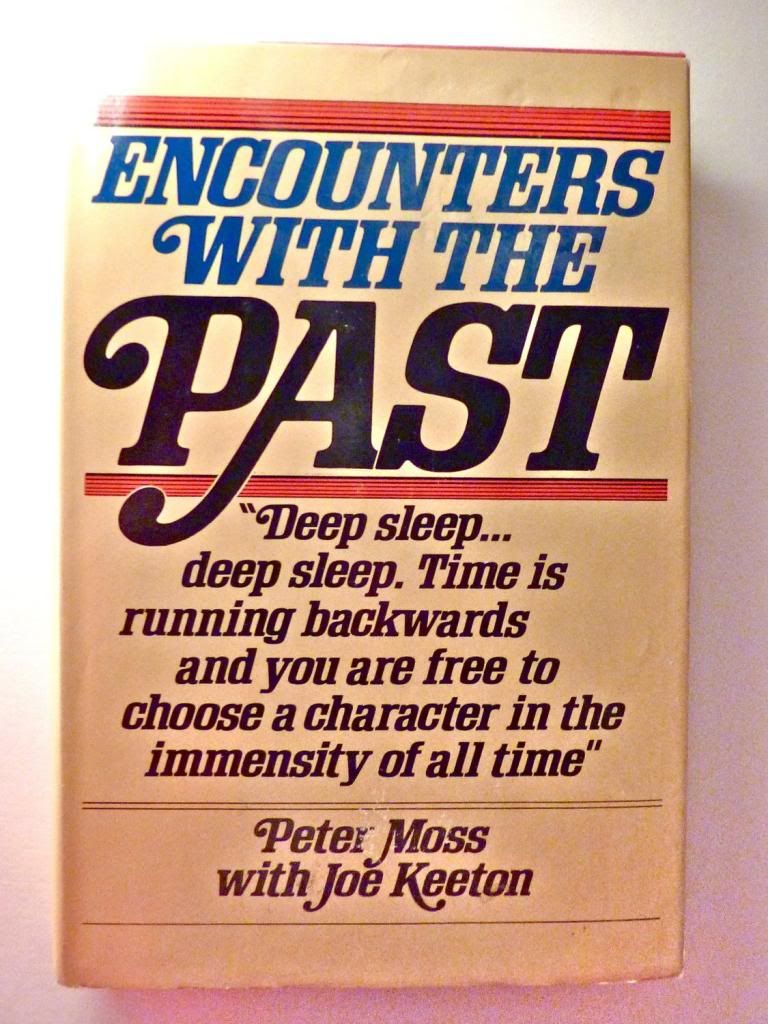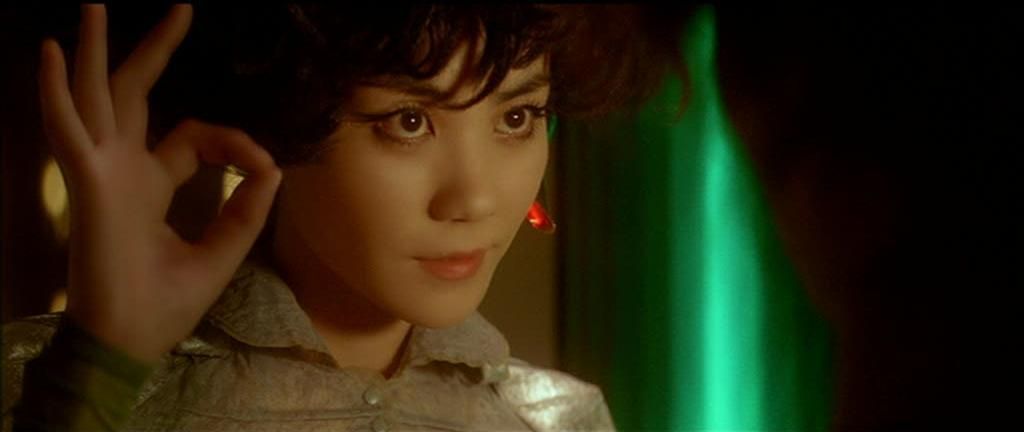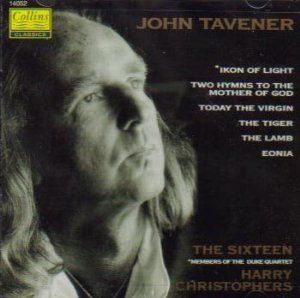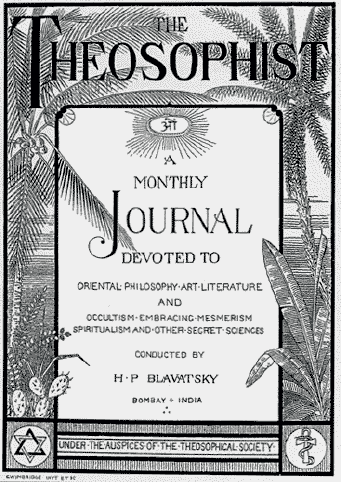This time I will resist the temptation to begin the posting with a diatribe about Washington's vulgar Kennedy Center for the Performing Arts, its Stalinist mausoleum architecture, its flashy red carpet ... uh-oh. I can't help myself.
But the center of attention is young pianist Alice Sara Ott, who dropped by the other night to play Liszt's Piano Concerto no. 2 with the National Symphony Orchestra. My wife and I sat in Row B -- that's right, second row from the stage, directly behind conductor Neeme Järvi and the mighty Steinway that almost (but thankfully, not quite) blocked the view of Ms. Ott.
Alice Sara Ott radiates an attention-capturing quality that not even her publicity shots quite convey. Still photos don't reveal the animation, the apparent moods that cross her face like clouds. A Eurasian -- German and Japanese ancestry -- she projects a rare exotic allure. ("There is no great beauty that hath not a touch of strangeness about it," Francis Bacon said.)
Stage presence? Enough to spare. A smile that could illuminate the auditorium on its own. She wore a sleeveless purple silk, floor-length dress ... and from my almost front-row seat, I noted with surprise that she pressed the piano pedals with bare feet.
Is all this calculated? To some extent, almost surely. She's an actress as well as a musician, knowing how to make the most of her sylph-like figure (I doubt she weighs more than 110 pounds) and gestures. She may enjoy the feeling of the pedals under her feet, or knows that it gives her an eccentric vibe that's useful for journalists writing about her, or both. Who cares?
A strain of puritanism among classical music audiences deplores concern with such "irrelevances" as looks and demeanor. Those who hold this view would be just as glad if the soloist were hidden behind a screen, as I understand is now standard practice in auditions for orchestra players. Fiddlesticks, as violinists are wont to say (or won't say).
It's called performance. A performance is the whole, the big picture, the Gestalt. Ott isn't the first glamourpuss of either sex to dramatize a performance, and she won't be the last.
Furthermore, Ott's attractive manner extends to -- excuse me? Her piano playing? How can you interrupt thus, when I was just warming to my subject. All right, all right.
Franz Liszt's two (?) concertos are rarely played and recorded. I'm not sure I ever even heard no. 2 before. It's not that they're bad -- just that Liszt was a pianist to the bone, like Chopin, and the orchestral part of the score is no more than accompaniment. Most people who appreciate Liszt would rather hear his music, shall we say, unencumbered by an orchestra around its neck.
You ask how well Ott played her part? Listen, friend, I don't know how any human being can play Liszt. It takes fantastic prestidigitation. Those machine gun-paced notes! Those hand crossings! Keyboard sweeps! Impossible. It also takes a sense of when to go inward, caressing the keys to melt the heart.
All I can tell you is, Alice Sara Ott took the piece by storm and, to my untutored ear, it was one of the most exciting performances I've ever heard. Other pianists might have done it differently, perhaps "better" (whatever that means). It doesn't matter to me. I'll never forget that brief (less than half-hour) concerto.
The first piece on the program was Kodaly's Suite from Háry János. I've heard a few recordings of it that didn't leave much of an impression, but in live performance -- and Järvi seems to have a feel for the Hungarian and Czech idiom -- it was sensational. The score includes unusual instruments for a classical composition, including the celesta and xylophone.
After the Liszt and intermission, the program concluded with Prokofiev's Suite from Romeo and Juliet. It was a little bit of a letdown, and I generally love Prokofiev. But Järvi didn't give it much breathing room. The "Shakespeare" play is both a romance and a tragedy, and has a vein of violence running through it, but this reading downplayed the romance disappointingly. There was a shade too much brutality. Järvi drove the horses hard and put 'em away wet.
Speaking of Maestro Järvi, I have listened to recordings of him conducting since the 1980s, and went through a period when I thought he was one of the world's greatest conductors. I was heard to say that he should have gotten Chicago after Solti or Berlin after Karajan. Now I think my opinion of him was inflated at the time, but there's no question in my mind that he is very talented (as is his son, also a conductor, Paavo Järvi).
He was energetic on the podium, but when he turned to face the audience, I was a little saddened: he is old. Well, it happens to all of us, sooner or later, if we live long enough. But orchestra conductors are a hardy breed, and their careers often don't end at the age when others retire. I believe Stokowski was about 95 when he made his last recordings. I wish Neeme Järvi many years of further service to the cause of music.





























